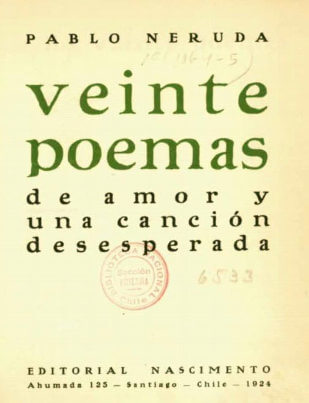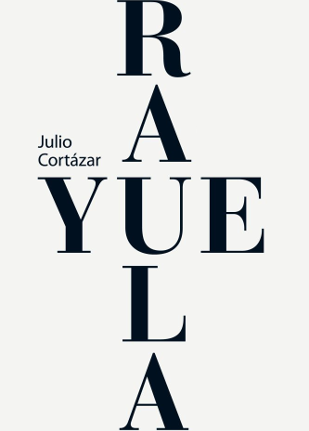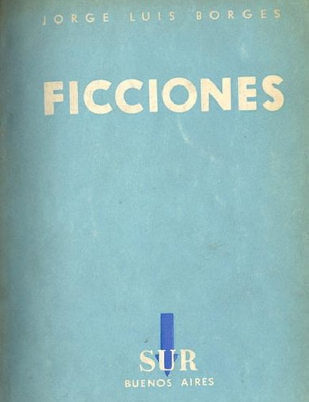Menu
6 must-read Latin American books
Reading is a wonderful human capability that stimulates our brain activity and strengthens our neural connections. It allows us to delve into whole new worlds, arousing our imagination and encouraging our emotional development. Reading also helps us to concentrate and focus (something extremely valuable nowadays) and lowers stress levels.
If all of this weren’t enough, by reading a book in our second language we get to learn new vocabulary and improve our spelling and grammar. Not to mention the fact that it helps us get closer to new societies and cultures, in this case, Spanish-speaking ones.
Latin American literature is prolific and influential, as it has seen the birth of numerous literary masterpieces that will endure throughout eternity. During the 20th century, many Latin American authors have conveyed with fierce passion, magic realism and sharp criticism the real and imaginary lives of unique characters.
May we always recognize the work of Latin American writers who contributed and continue to contribute to the universal culture, and may this list serve as a starting point to explore the complex and rich Latin American cultures and societies.
1. Veinte poemas de amor y una canción desesperada (Twenty love poems and a Song of Despair) – 1924 by Pablo Neruda
Pablo Neruda, the winner of the Nobel Prize in Literature in 1971, was a Chilean poet and one of the greatest artists of the last century. In the words of the fellow Nobel-prize winner Gabriel García Márquez, Pablo Neruda was the greatest poet of the 20th century, in any language.
The collection was published when he was only 19, and in his mastery of the alexandrine verse, he explored his visions about love, nature or death.
2. Cien años de soledad (One Hundred Years of Solitude) – 1967 by Gabriel García Márquez
Gabriel García Márquez was a Colombian writer, screenwriter, and journalist awarded in 1982 the Nobel Prize in Literature. He was one of the most significant authors of the 20th century and one of the best writers in the Spanish language. One Hundred Years of Solitude, the novel that popularized the style known as ‘magic realism’, depicted the intricate stories and hardships of seven generations in the fictional town of Macondo.
3. Rayuela (Hopscoth) – 1963 by Julio Cortázar
 Julio Cortázar was an Argentinian novelist and short-story writer who combined his reflexions upon life and existence and experimental writing techniques in his works. Rayuela is one of the most relevant novels written in Spanish and one of the first surrealist books in Latin American literature. The novel boasts 155 chapters which can be read either chronologically or either skipping some of them, thus resulting in different endings. The novel conveys the story of Horacio Oliveira, who meanders through the streets of Paris while talking about life and existence with his loved ones.
Julio Cortázar was an Argentinian novelist and short-story writer who combined his reflexions upon life and existence and experimental writing techniques in his works. Rayuela is one of the most relevant novels written in Spanish and one of the first surrealist books in Latin American literature. The novel boasts 155 chapters which can be read either chronologically or either skipping some of them, thus resulting in different endings. The novel conveys the story of Horacio Oliveira, who meanders through the streets of Paris while talking about life and existence with his loved ones.
4. Desolación (Desolation) – 1922 by Gabriela Mistral
Gabriela Mistral was a Chilean poet, educator, and humanist. She was the first Latin American woman to be awarded the Nobel Prize in Literature in 1945. Desolation is a collection of her early works in which, through an extraordinarily passionate verse, Gabriela depicted her personal sorrow and reflected upon nature, religion, motherhood, and morality.
5. Ficciones (Fictions) – 1994 by Jorge Luis Borges
 Jorge Luis Borges, born in Argentina, was a short-story writer, poet and essayist considered one of the main authors of universal literature and literature in Spanish during the 20th century. Fictions is his most popular collection of short stories, a book that turned into a whole new universe encompassing labyrinths, philosophical issues, and paradoxes.
Jorge Luis Borges, born in Argentina, was a short-story writer, poet and essayist considered one of the main authors of universal literature and literature in Spanish during the 20th century. Fictions is his most popular collection of short stories, a book that turned into a whole new universe encompassing labyrinths, philosophical issues, and paradoxes.
6. La casa de los espíritus (The House of the Spirits) – 1982 by Isabel Allende
Isabel Allende is a Chilean writer renowned for international bestsellers such as ‘The House of the Spirits’ or ‘City of the Beasts’. She is even been called “the world’s most widely read Spanish-language author”. The House of the Spirits revolves around the Trueba family, incorporating elements of magic realism and exploring the post-colonial period of Chile.
Archives
- April 2020
- March 2020
- February 2020
- January 2020
- December 2019
- November 2019
- October 2019
- September 2019
- August 2019
- July 2019
- June 2019
- May 2019
- April 2019
- March 2019
- February 2019
- January 2019
- December 2018
- November 2018
- October 2018
- September 2018
- August 2018
- May 2018
- March 2018
- November 2017
- October 2017
- September 2017
- August 2017
- July 2017
- June 2017
- May 2017
- April 2017
- March 2017
- June 2004




